Daniel Divinsky, editor of Mafalda and a cultural icon in Latin America, died in Buenos Aires.

Renowned editor and lawyer Daniel Divinsky died this Friday in Buenos Aires at the age of 83, as a result of complications from a kidney disease he had suffered since childhood.
Founder of Ediciones de la Flor and a key figure in the dissemination of the comic strip "Mafalda" as well as that of other Argentine authors, Divinsky leaves an indelible legacy in Argentine and Latin American culture.
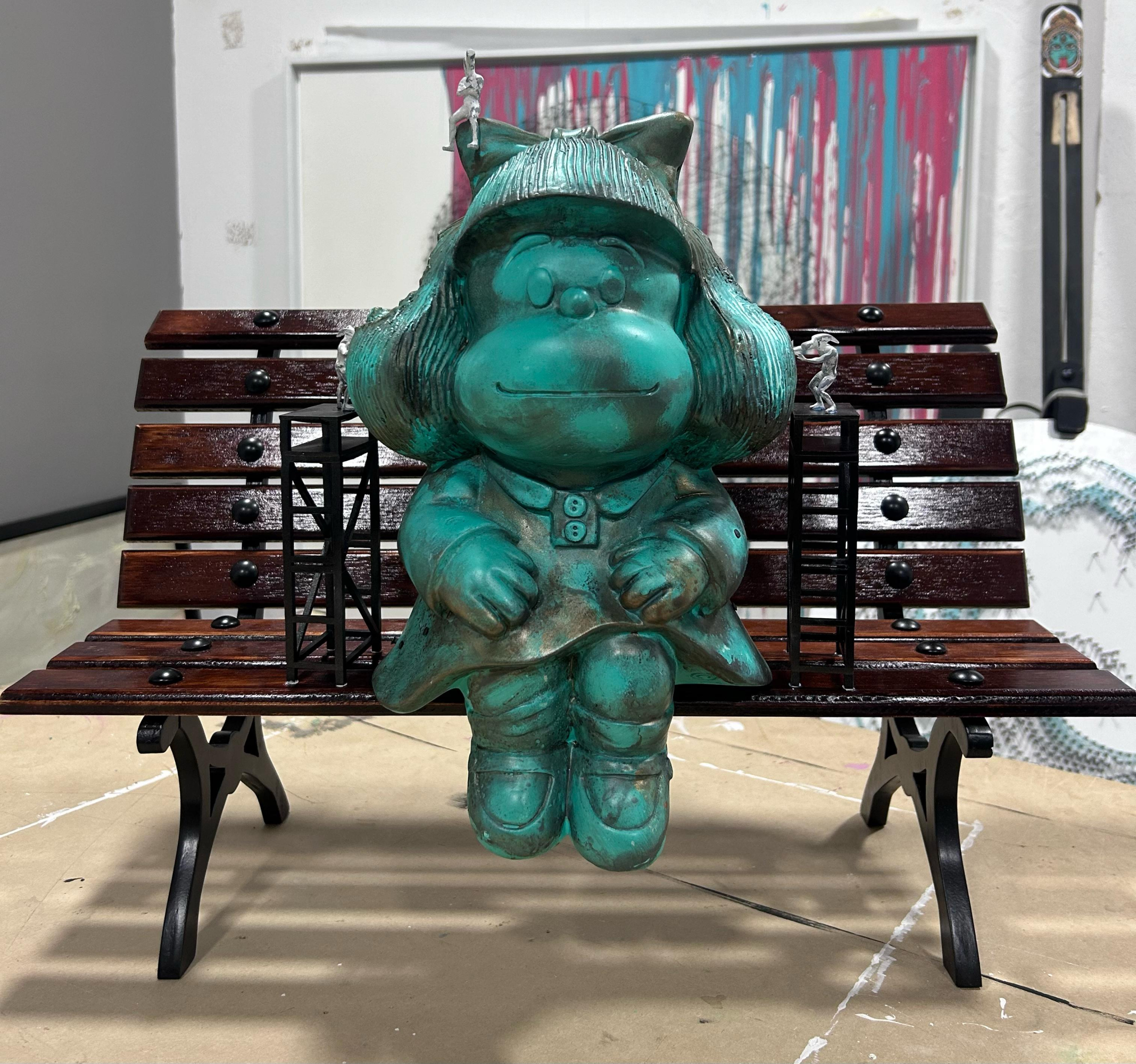
Mafalda, by Nicolás Uribe Photo: Nicolás Uribe
Divinsky founded Ediciones de la Flor in 1967 with his then-partner Ana María "Kuki" Miler, and turned the label into a benchmark for independent publishing in the country. He was responsible for publishing authors such as Rodolfo Walsh, Roberto Fontanarrosa, Griselda Gambaro, Umberto Eco, Maitena, Liniers, Rep, Caloi, and Martín Caparrós, among many others.
Her relationship with Joaquín Salvador Lavado, better known as Quino, marked a turning point. Their relationship, initially personal and then professional, became one of the most iconic editor-author partnerships of the 20th century.
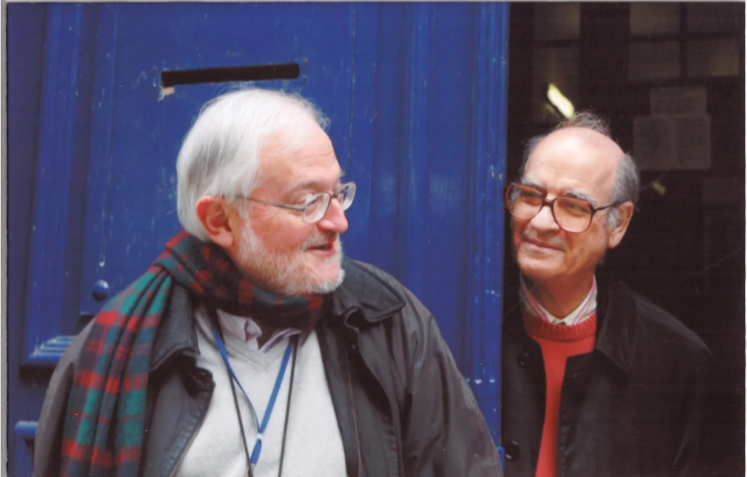
Daniel Divinsky (left), Quino's close friend and editor. Photo: @mafaldadigital. Instagram
In 1970, Ediciones de la Flor published the first compilation of "Mafalda," which had already begun a brief publishing venture. Under their leadership, the beloved comic became an international phenomenon, translated into dozens of languages, and a symbol of River Plate culture.
"For us, history will keep our names inextricably linked," Ediciones de la Flor recently wrote, after learning that the rights to Quino's work would be transferred entirely to Penguin Random House. In fact, the international publisher has already announced a complete reissue of Mafalda, thus closing a 55-year uninterrupted cycle with the imprint he founded.
In a 2004 interview with EFE, Divinsky recalled how he met Quino when he came to his law office in the early 1960s to sue his first publishing house, "which wasn't paying him."
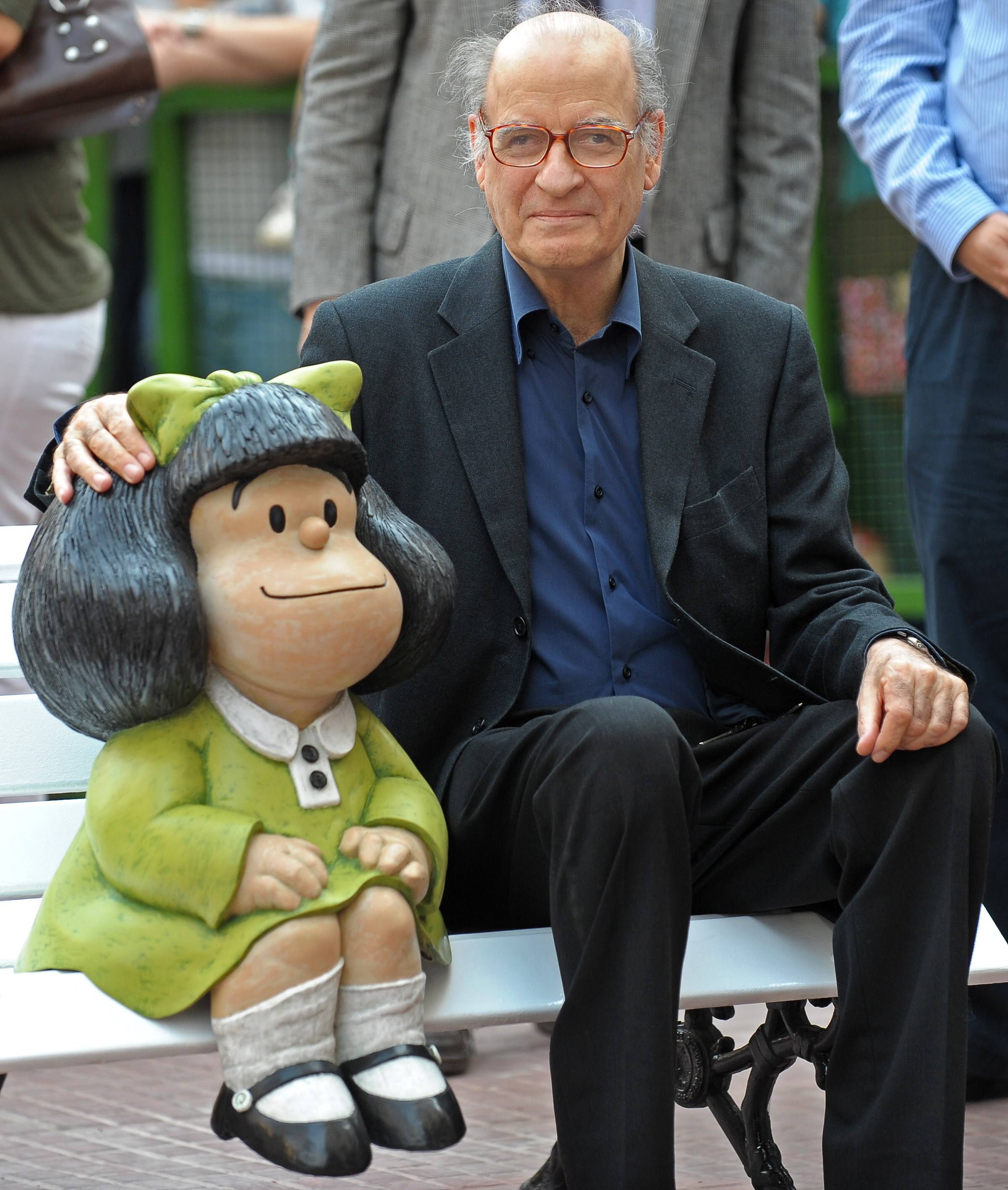
Quino, creator of Mafalda. Photo: Alejandro Pagni. AFP
Trained as a lawyer at the University of Buenos Aires—he graduated with honors at the age of 20—Divinsky combined his legal profession with publishing. In his youth, while plagued by the same kidney disease that plagued him throughout his life, he developed an intense intellectual activity. He even collaborated with editor Jorge Álvarez on translation and proofreading, where he learned the more artisanal aspects of the publishing trade.
“I didn't like law at all, so I started a graduate course in sociology. I was studying that when the coup d'état happened. I was left without any future. Instead of getting depressed, my partner and I came up with the idea of opening a bookstore. We asked our parents how much money they could lend us: one hundred and fifty dollars each. But there was no way we could rent anything for that amount,” Divinsky said in an interview, as reported by Clarín.
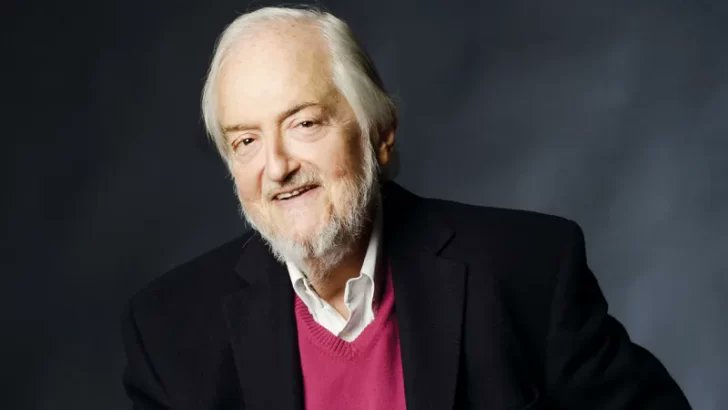
Daniel Divinsky was an editor and lawyer by profession. Photo: @martin_caparros. X
During the last civil-military dictatorship, in 1976, he was arrested and then exiled to Venezuela, where he continued his publishing work. He returned to Argentina after the return to democracy in 1983.
His passion for books and his dedication to supporting new publishing projects made him a beloved figure in the cultural world. "Daniel was a great supporter of new publishers and independent publishing in general. And he was always on top of everything," Constanza Brunet, editorial director of Marea, told the Argentine media outlet Clarín .
Martín Caparrós also bid him farewell fondly on his X account: “I called him 'the Colonel' more than 40 years ago and we laughed. He invited me to do radio for the first time and published my second novel. Thank you, Colonel.”
With his passing, Argentine culture loses one of its greatest editors. But his legacy—like that of Mafalda, Walsh, Fontanarrosa, and so many others—will live on, spanning generations.
More news from EL TIEMPO 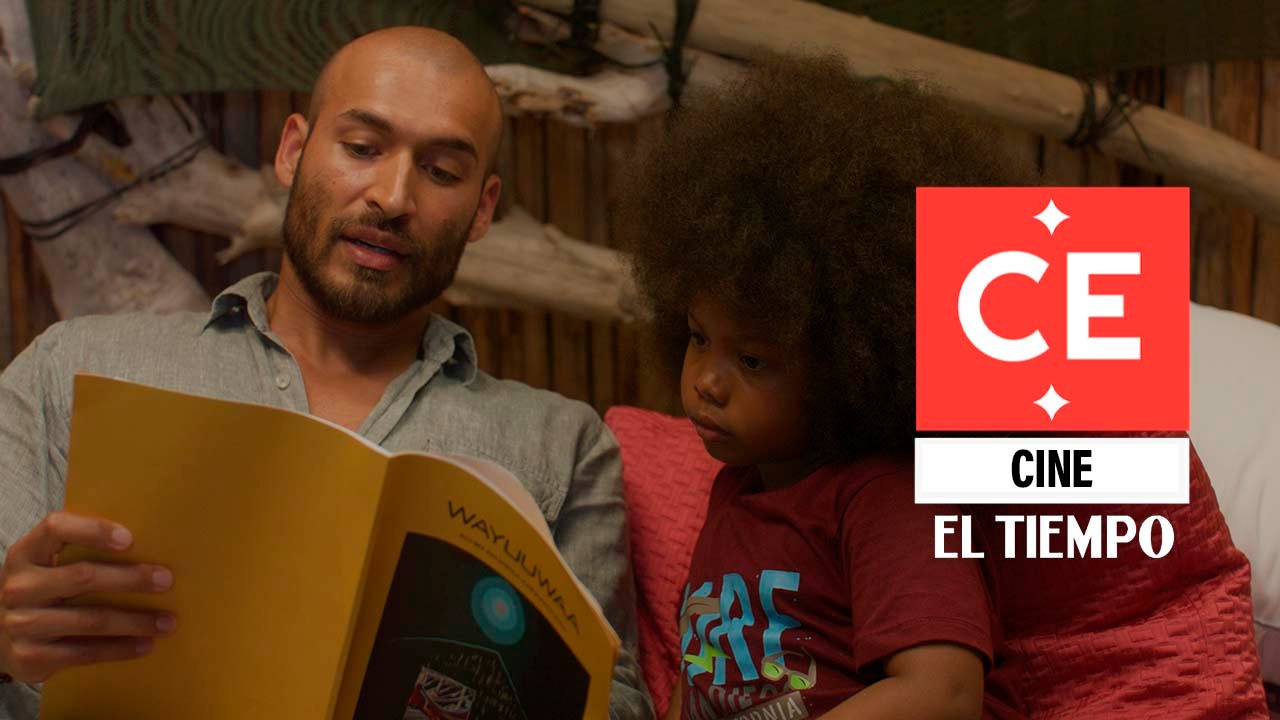
Theatrical release. Photo:
eltiempo



